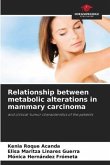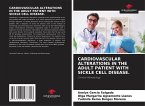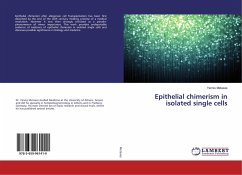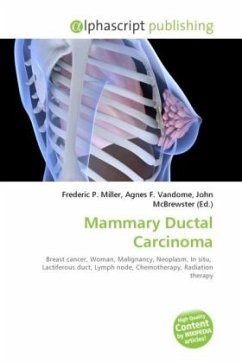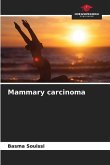In the next future, cancer prevention will be the main concern. Therefore, elucidating the molecular mechanisms that, if altered, may trigger the neoplastic transformation of the cells that form human mammary gland, is crucial to prevent breast cancer, the leading cause of cancer death in women. Growing evidences indicate that the epigenetic control of gene expression plays a key role in the homeostasis of the mammary tissue, and suggest that alterations in this control can affect the identity of the epithelial cells and trigger their transformation. Since, unlike genetic alterations, epigenetic changes are potentially reversible, a better understanding of the mechanisms that regulate the establishment and maintenance of cell identity can provide valuable information to develop innovative strategies for cancer prevention aimed at reverting epigenome dysfunctions and hindering tumorigenesis. In this book, after describing the biological basis of cell identity establishment and maintenance, the authors discuss the effects of cell identity disruption in two different benign lesions and propose some interesting epigenome-targeting strategies potentially useful for cancer prevention.
Bitte wählen Sie Ihr Anliegen aus.
Rechnungen
Retourenschein anfordern
Bestellstatus
Storno


